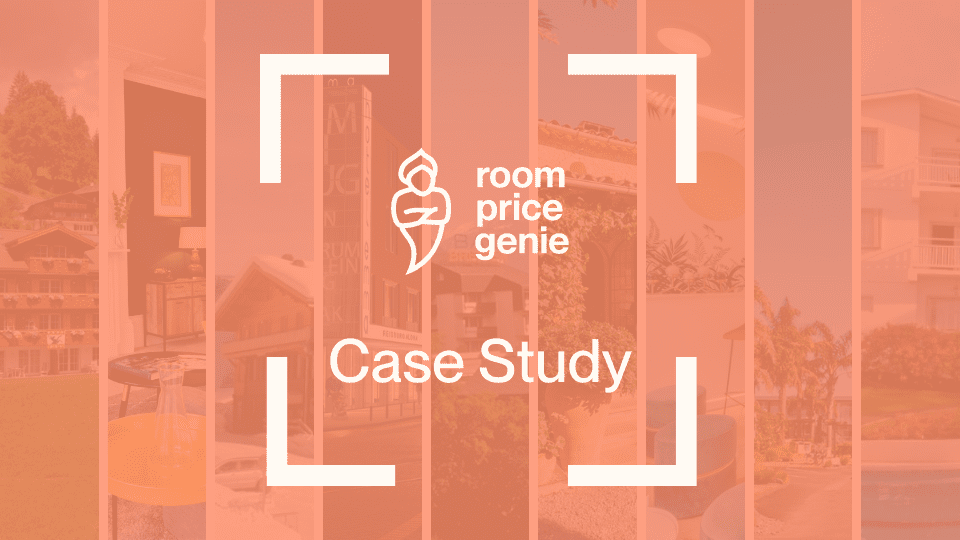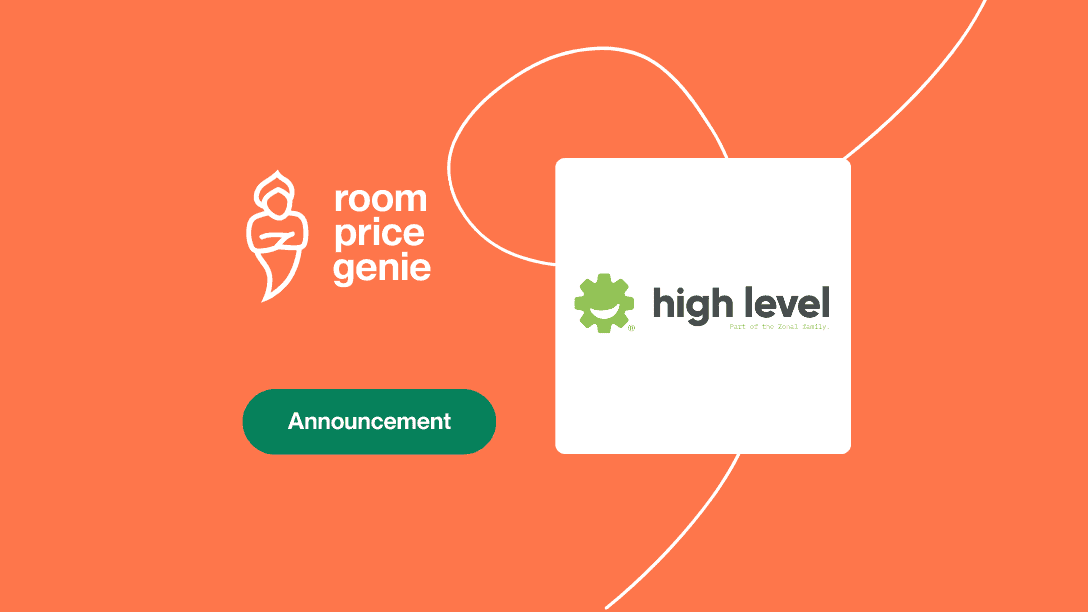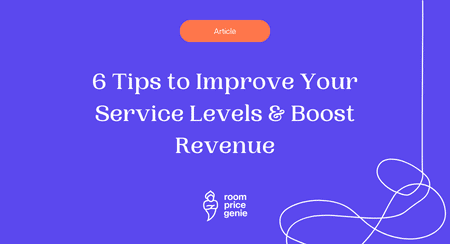What prices should you charge for your rooms? For independent hoteliers, it’s an age-old question. But it doesn’t have to be so difficult.
To price competitively, it’s important to consider how travelers make decisions about where to stay and how much they are willing to pay. Here’s a look at the key factors.
Your Property
When pricing rooms, it’s vital to take a realistic look at your property and its positioning. What are its key strengths and weaknesses relative to similar properties in the area? The type of hotel you operate, the class or segment, star rating, location, and quality of service, rooms, and facilities – all of these characteristics play a role in determining who wants to stay at your hotel and how much they will pay for rooms.
Time of Year
Most destinations are seasonal. During high season, demand is strong, and hotels can charge more for rooms. During low season, demand is softer, and hotels generally offer lower rates to attract business. During the shoulder seasons in between, demand tends to fluctuate up and down. Throughout the year, holidays and special events can also affect demand.
Day of Week
Demand can fluctuate by the day of week too. For example, leisure hotels tend to be busiest on Fridays and Saturdays, when they can charge higher rates, but quieter during the week. For business hotels, it’s often the opposite scenario.
Internal Demand
Internal demand is the number of guests who want to stay at a hotel on a given date. It can be measured in four key ways:
- Rooms on the books (OTB). How many rooms are sold vs. how many are still available to sell.
- Booking pace. The rate at which bookings are coming in, less cancellations and date changes.
- Pickup. The number of new bookings over a recent period such as the past week, less cancellations and date changes.
Hotels often compare internal demand with previous dates like the same time last year. If demand is stronger, it may be an indication that the hotel can increase rates. If demand is softer, the hotel may need to lower rates to reach occupancy objectives.
Market Demand
Market demand is the number of guests who want to stay at hotels collectively in a region on a given date. As with internal demand, it can fluctuate by season and day of week and during holidays and special events.
Market demand is also affected by economic conditions, travel trends, availability of flights and other transportation into the region, and the supply of available rooms. If room supply is low and demand is high, hotel pricing power increases. If supply is high and demand is low, hotel pricing power decreases.
Price Sensitivity
Hotel rates are also affected by the price sensitivity of travelers. Price sensitivity, or elasticity, may vary depending on a variety of factors, including the nature of travel, time of year, and the overall appeal of a particular hotel.
If price sensitivity is high, a change in pricing will have a significant impact on demand. If price sensitivity is low, a change in pricing will have a low impact on demand. To understand price sensitivity, watch how changes to your prices affect internal demand.
Competitor Rates
The rates a hotel’s competitors advertise provide another strong indication of the prices travelers are willing to pay. Travelers often compare rates among accommodation types when shopping for rooms. If a hotel’s rates are much higher than comparable hotels in the area, it will lose booking opportunities. If the hotel’s rates are much lower, it will fill rooms with low-rated bookings while other hotels will receive higher-rated bookings.
Online Reputation
Travelers also consult guest reviews and ratings on platforms like Google, Tripadvisor, and OTAs when deciding where to stay. Tripadvisor research has found that 79 percent of the site’s users are more likely to book a hotel with a higher bubble rating when choosing between comparable properties. Moreover, travelers are 72 percent more likely to pay more for a hotel with higher guest ratings, according to Expedia.
As you can see, pricing is just one of many factors travelers consider when shopping for hotel rooms. The more in-tune you are with these factors, the more accurately you can structure your pricing, attract more bookings, and outperform your competitors.
Want to learn more? Check out Hotel Pricing Strategies, A Guide for Independent Hotels.







